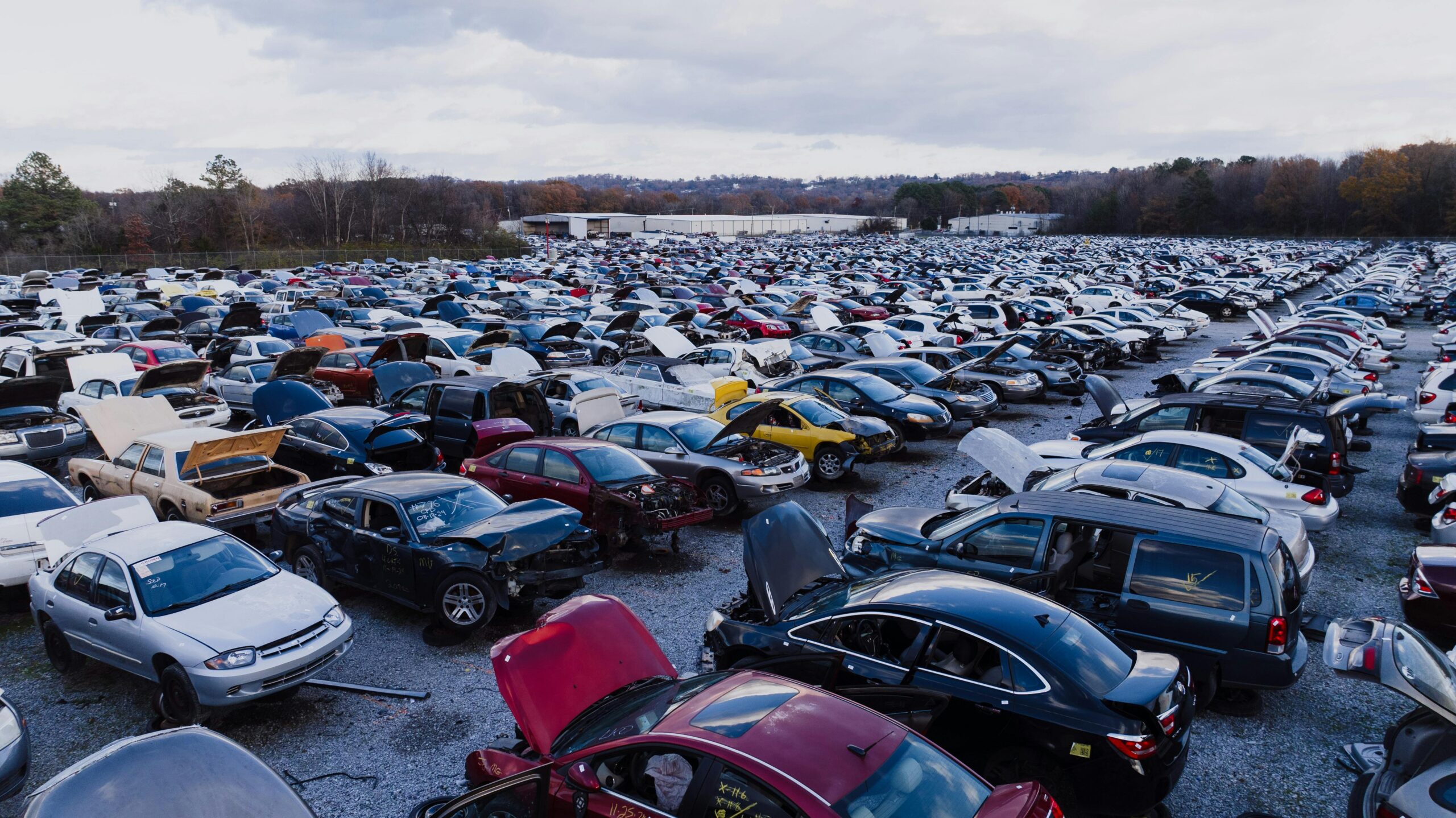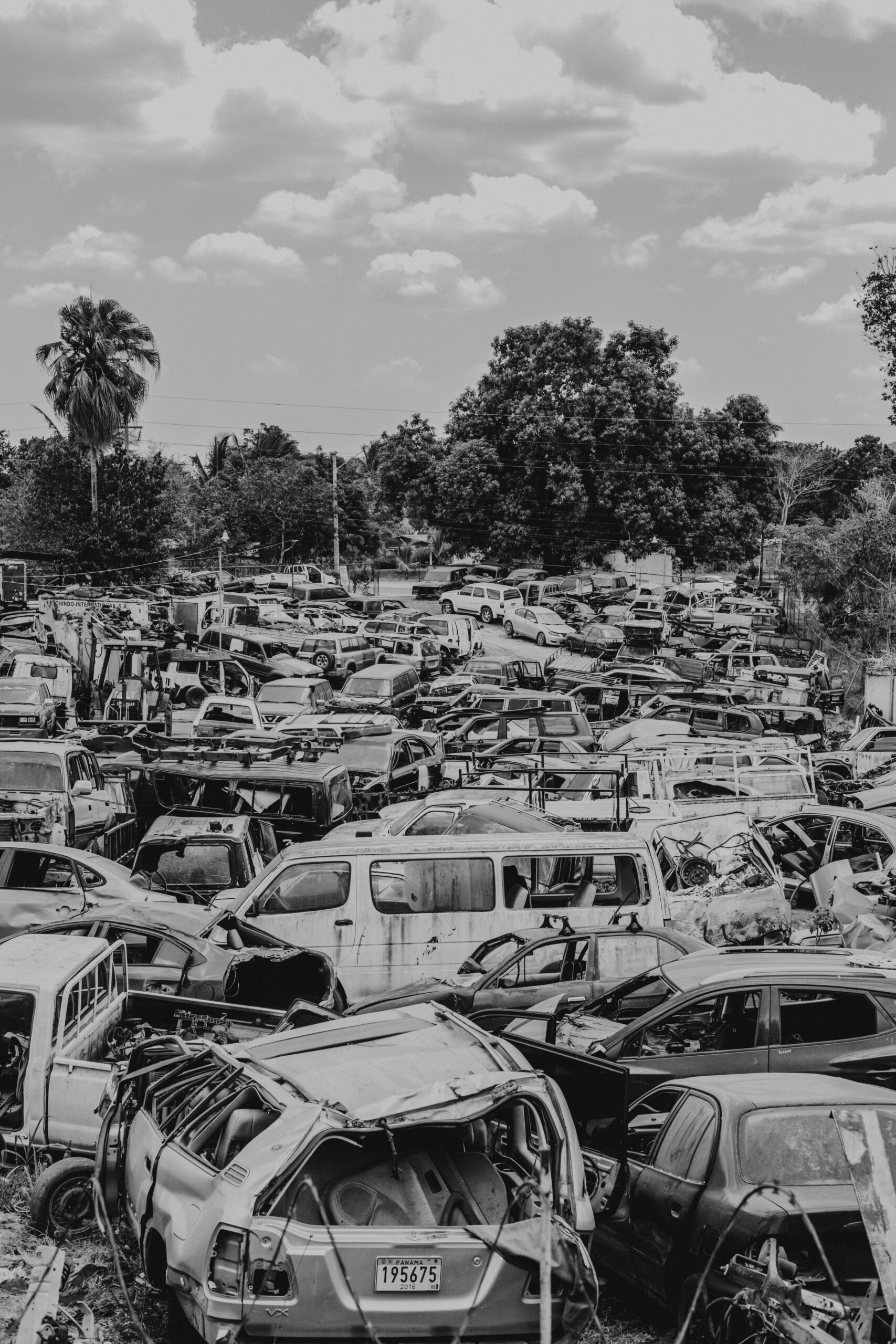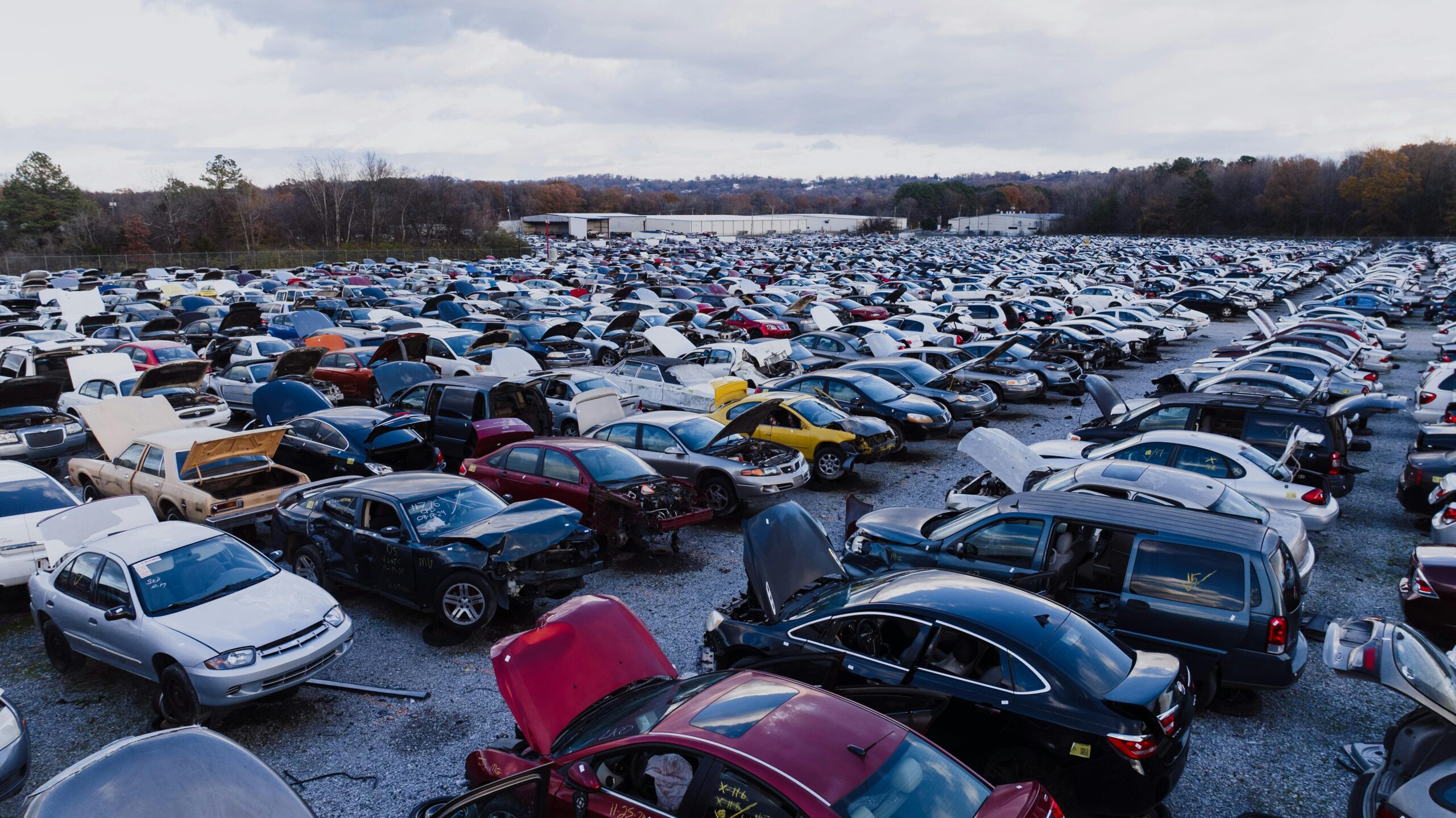
Introduction to Vehicle Scrapping Policy in India
The Government of India introduced the Vehicle Scrappage Policy to phase out old, unsafe, and polluting vehicles from Indian roads. Under this framework, Registered Vehicle Scrapping Facilities (RVSFs) have been authorized to scientifically dismantle and recycle old vehicles.
An RVSF is a government-licensed center where old vehicles are safely scrapped using eco-friendly methods. This ensures the recovery of valuable materials like steel, aluminum, copper, and plastic, while also helping reduce carbon emissions and improve road safety.
The policy is closely linked with the Ministry of Road Transport and Highways (MoRTH), which has set strict guidelines for establishing and running these facilities.YOU MUST READ
Scope of Registered Vehicle Scrapping Facilities (RVSF)
The scope of RVSFs in India is vast due to multiple reasons:
- Rising Number of End-of-Life Vehicles (ELVs): India has more than 2 crore vehicles older than 15 years. Many of these vehicles fail fitness tests and are unfit for use.
- National Vehicle Scrappage Policy (2021 onwards): Mandates scrapping of unfit vehicles and promotes recycling.
- Circular Economy Push: Recycling materials from old vehicles supports the “Make in India” and “Atmanirbhar Bharat” initiatives.
- Private & Public Partnerships: RVSFs are being set up by private companies, automobile manufacturers, and state governments.
👉 In short, the RVSF industry is emerging as a multi-billion dollar opportunity in India.
Who Should Care About RVSF? (Whom It May Concern)
The Registered Vehicle Scrapping Facility is relevant to several stakeholders:
- Vehicle Owners (Individuals & Companies)
- Owners of cars, bikes, buses, and trucks older than 15–20 years.
- Commercial fleet operators who want to phase out old taxis, buses, or trucks.
- Government Authorities
- Transport departments enforcing the fitness and pollution standards.
- Pollution Control Boards promoting eco-friendly recycling.
- Automobile Manufacturers
- Car and bike manufacturers are mandated to set up scrapping facilities or partner with RVSFs.
- Investors & Entrepreneurs
- Business owners looking to invest in sustainable industries.
- Scrap dealers upgrading to certified facilities.
- Environmental Advocates
- NGOs and organizations promoting clean air and sustainable development.
Benefits of Registered Vehicle Scrapping Facilities
1. For Vehicle Owners
- Attractive incentives and discounts on purchasing new vehicles.
- Waiver on registration fees for new vehicles bought after scrapping.
- Scrapping certificate that can be used for tax rebates.
2. For the Economy
- Reduction in oil import bills due to more fuel-efficient vehicles.
- Boost to automobile sales and manufacturing.
- Formalization of the scrap industry with job creation.
3. For the Environment
- Reduction in air pollution caused by old, unfit vehicles.
- Recycling of metals reduces dependence on mining.
- Eco-friendly disposal of hazardous materials like engine oil, coolant, and batteries.
4. For Road Safety
- Removal of old, unsafe vehicles reduces accidents.
- Encourages adoption of modern safety standards in new vehicles.

Steps to Scrap a Vehicle at an RVSF
- Locate a Government-Authorized Scrapping Facility in your state.
- Submit vehicle documents (RC, Aadhar, PAN, etc.).
- De-register your vehicle with the RTO.
- Vehicle is scientifically dismantled at the RVSF.
- Owner receives a “Certificate of Deposit” (used for tax and new vehicle purchase incentives).
Registered Vehicle Scrapping Facility: Business & Investment Opportunities
Entrepreneurs can set up their own RVSF by applying to MoRTH and state governments. Requirements include:
- Minimum land of ~4,000 sq. m. for two-wheelers and ~10,000 sq. m. for four-wheelers.
- Compliance with pollution control and safety norms.
- Installation of equipment for de-pollution, dismantling, shredding, and recycling.
Big companies like Maruti Suzuki Toyota Recycling, Mahindra MSTC Recycling, and Tata Motors have already entered this sector.
Challenges Ahead
- High initial investment in setting up RVSFs.
- Lack of awareness among common people about scrapping benefits.
- Need for more collection centers in Tier-2 and Tier-3 cities.
Conclusion
The Registered Vehicle Scrapping Facility (RVSF) initiative is a game-changer for India’s automobile and recycling industry. It addresses multiple issues like pollution, road safety, material recycling, and economic growth.
For vehicle owners, it provides an opportunity to get incentives while upgrading to a new vehicle. For entrepreneurs, it opens the door to a fast-growing, government-backed industry.
With strong implementation, India can transform its outdated vehicle fleet into a modern, eco-friendly, and safe transportation ecosystem.
Read Official Motor Vehicle Aggregator Guidelines, 2025
Read more summary of Motor Vehicle Aggregator rules 2025
Read Official Registered Vehicle Scraping Facility Manual

